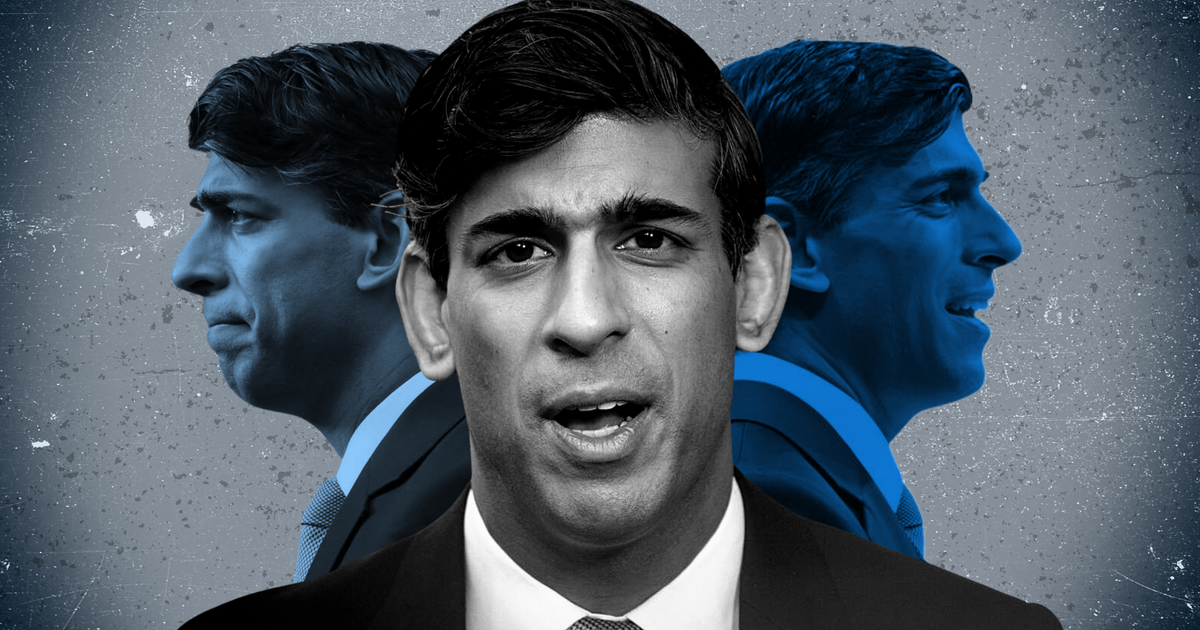In media profiles, Sunak’s allies describe him as “immaculate”, “calm” and “organised”, qualities befitting of a former Winchester head of college. None volunteer that he is empathetic or compassionate. When given examples of people who are experiencing hardship in Parliament or press interviews, as he was on ‘Good Morning Britain’ last year, Sunak listed policies in response, but offered no consolations.
Beard, whose book is partly based on his own experiences, believes all-male boarding schools emotionally harden their students. To survive, he says, boys cannot show any vulnerability among their peers.
“If you repress emotion for yourself then ultimately it becomes very easy to repress feelings for other people,” he argues.
And while boarding schools like Winchester may prepare students well to advance in politics, Beard says they instil a worldview that is far from ordinary.
“Money is at the centre of it all because everyone knows it costs a lot of money, including the boys, but the actual money is abstract. The needs of everyday life are simply taken care of for you,” said Beard.
“How can you actually then think in terms of people struggling for five pounds and ten pounds?”
He cut benefits
Last year, Sunak was heavily criticised for axing a £20-a-week increase to Universal Credit that had helped some of the poorest families through the pandemic. More than 200,000 would have been pushed into poverty as a result of the cut, according to research by the Joseph Rowntree Foundation.
Just weeks before the cut was confirmed in July, the chancellor requested planning permission to build a private swimming pool, gym and tennis court at the Grade II-listed Yorkshire manor that Sunak and his wife, Akshata Murty, purchased for £1.5m in 2015.
After several MPs from his own party spoke out against the Universal Credit cut, Sunak increased in-work benefits in his Autumn Budget – but not by enough to offset the cut.
He has a lot of money
The Sunaks’ Georgian mansion, where locals described attending parties with liveried staff pouring champagne from magnums, is not the only property they own. There is also the £7m, five-bedroom house in Kensington, west London; a flat, also in Kensington, that the couple reportedly keep “just for visiting relatives”; and an apartment in Santa Monica, California.
The chancellor’s extensive property portfolio is just one source of his wealth. After studying at Oxford University, Sunak went on to work for US investment bank Goldman Sachs for four years. He left to pursue a business degree at Stanford University in California, where he said meeting influential figures in the multi-billion US tech industry “left a mark” on him.
From there, Sunak had a stint working at hedge funds back in London. He was a partner at the Children’s Investment Fund (TCI) where he is believed to have made millions of pounds from a campaign that helped trigger the 2008 financial crisis.
Sir Chris Hohn, the fund’s founder paid himself a record £343m in the first year of the pandemic. TCI is ultimately owned by a company registered in the Cayman Islands, according to its accounts. Its philanthropic arm, the Children’s Investment Fund Foundation (CIFF), donated £255m to charitable causes last year (full disclosure: openDemocracy has received funding from CIFF since 2019).
Sunak then left to co-found his own firm Theleme, which had an initial fund of £536m – and is also registered in the Cayman Islands.



